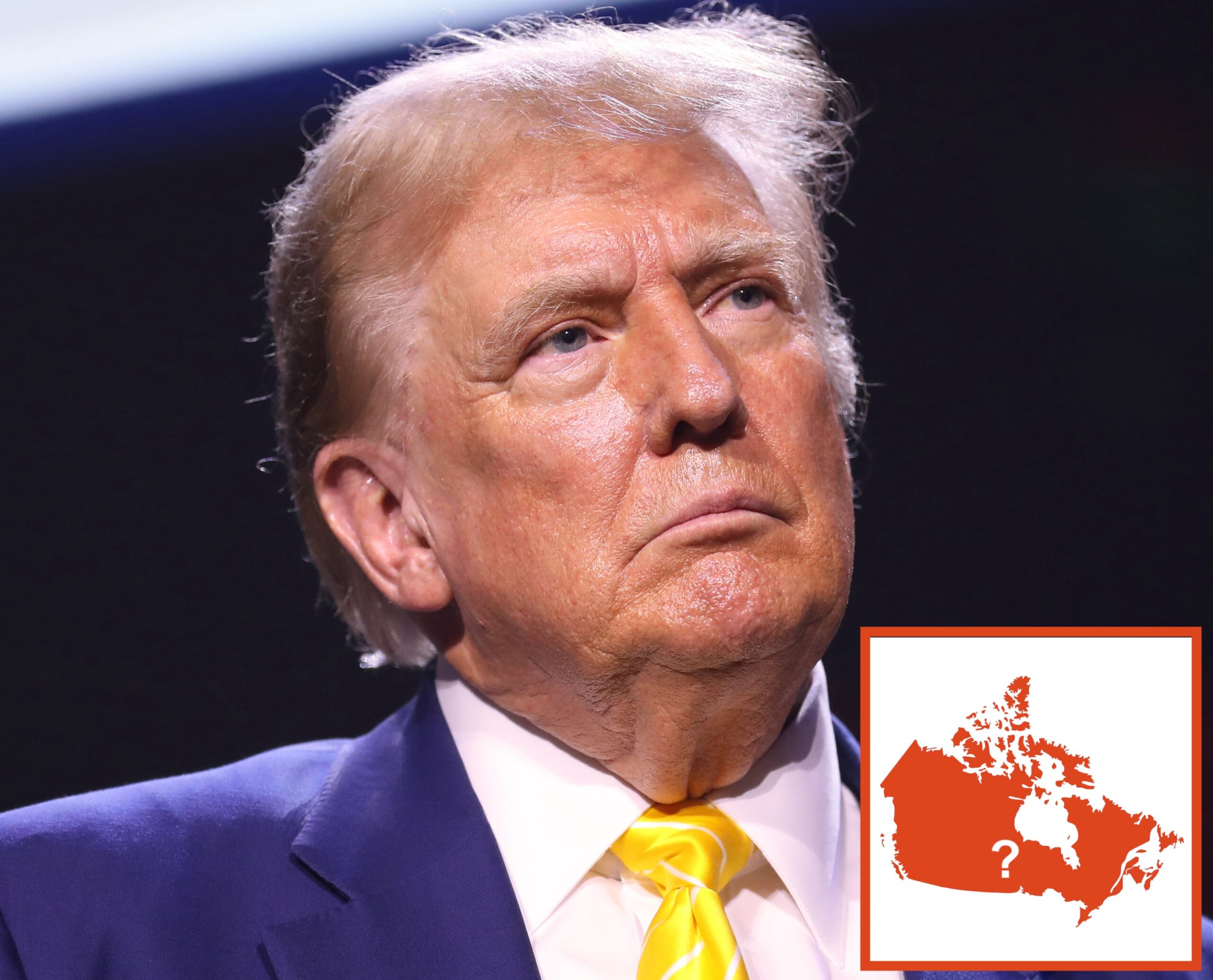I can understand that, and I do see there being some logic to it. In this case though I’m still not particularly sold. Respectfully, to say that’s not ‘retroactive’ doesn’t really accord with the plain meaning of the words, though I recognize the legal nuance. You’re expecting companies to follow a law that’s not a law yet and may never be. Given the relative simplicity of the DST - it’s a straight levy on revenue - this isn’t a case where they could so easily restructure or hide assets.It's not quite retroactive, at least not in the sense that companies couldn't have made decision on the basis of the tax. The Act simply stated that the tax, when it took effect, would cover the period from the date of introduction of the Act in Parliament going forward. Thus, the companies affected by this knew from the start what would happen and from what date, right off the bat. While the press and business lobbies calls that "retroactive", it is a well established concept of legislative effect that is not considered to be retroactive in law and is used extensively in tax matters (throughout the world, I might add) so that the taxed entities cannot use the time between introduction of the bill and its adoption to evacuate/hide/evade (use what term you may) the incoming taxation.
But that’s a minor quibble on my part. As I said it would be a reasonable option for putting a concession on the table as part of larger trade negotiations.









